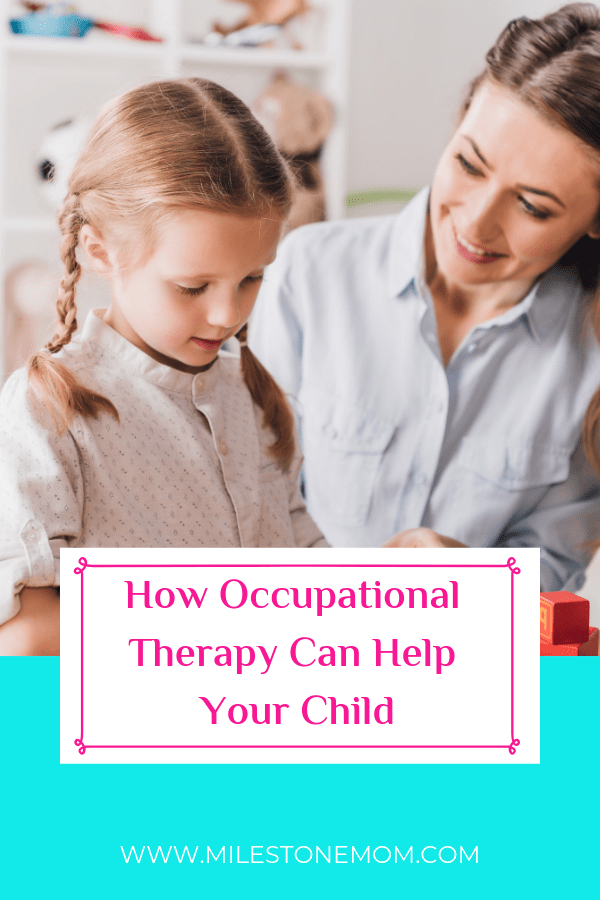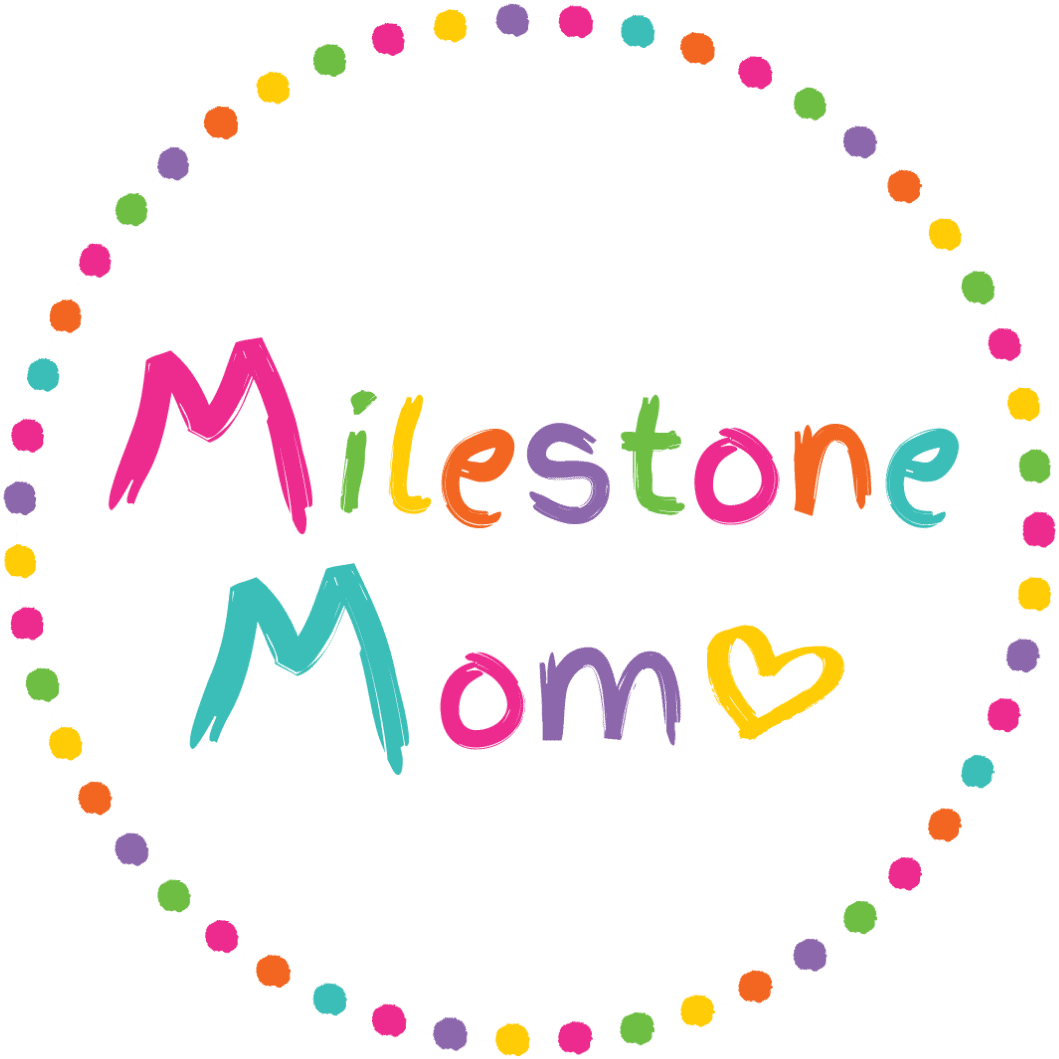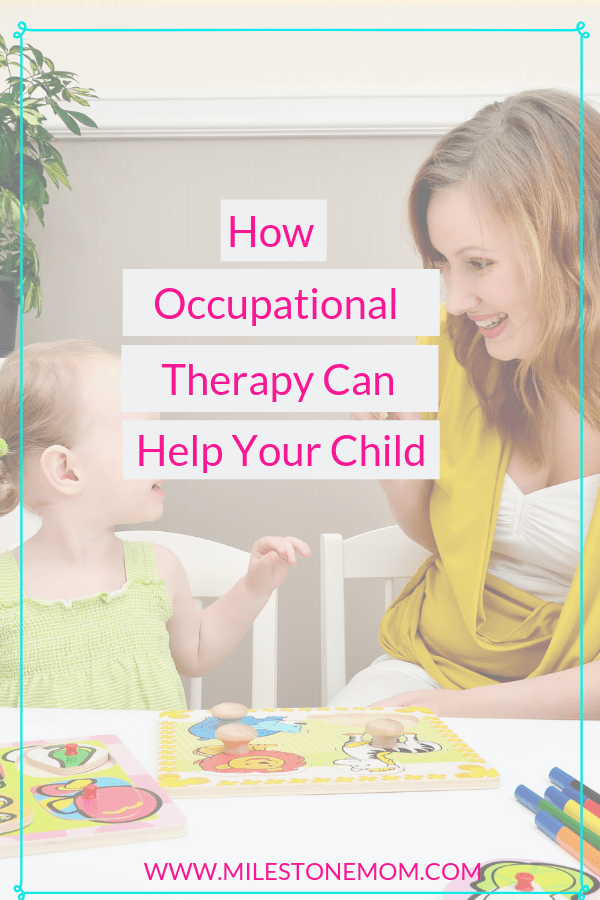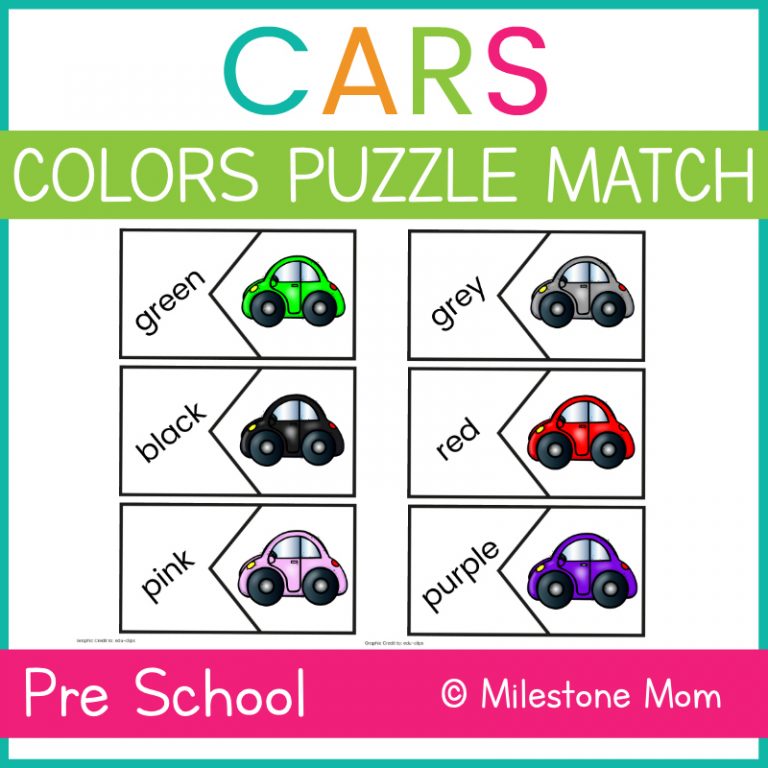Decoding an Occupational Therapist & the Benefits of Occupational Therapy?

Disclosure: This post may contain affiliate links, meaning if you decide to make a purchase through my links, we may earn a commission at no additional cost to you. Read about our affiliate policies here.
When it comes to a child seeing an Occupational Therapist, it can seem pretty confusing. First, simply because of the name occupational therapist some may be confused. Why would your child see someone called an occupational therapist anyway? What are the benefits of occupational therapy?
This type of “occupation” actually refers to everyday skills and activities that a person uses to get through their day. Some kids may seem to struggle with normal activities for their development, and parents may not understand why their child is struggling. These struggles when it comes to daily skills and activities can impact the youngest of kids all the way through adulthood. Parents may not understand at first. it may be easy to think the child is being lazy or not caring.
It is an Occupational Therapist that helps to eliminate these struggles. There are many benefits of occupational therapy once it is understood what an occupational therapist actually does.
Note: This post may contain affiliate links, which means I would receive a small commission for any product purchased at no extra cost for you. Thank you for your support! You can read my full disclosure here.
What is Occupational Therapy?
Occupational Therapy takes a more holistic look at people. It uses that holistic approach to identify certain disabilities a child may have in everyday activity. The benefits of occupational therapy are that it meets them where they are at. Then, it helps them to excel in their daily life. The children usually excel with a customized care plan that their occupational therapist creates.
Is Occupational Therapy the Same as Physical Therapy?
Physical Therapy and Occupational Therapy do have a lot of similarities. While sometimes are thought as same, the two fields are actually not the same at all. While they do have similarities, their focuses and approaches are different.
However, a physical therapist may recommend a child to an occupational therapist to cover overall issues with daily activity. Vice verse, an occupational therapist may pinpoint a specific physical issue while conducting evaluations, and recommend the child to a physical therapist.
What Does an Occupational Therapist Do?
Occupational Therapists specialize in helping people of all ages who struggle certain everyday issues. Most likely, these issues include emotional, developmental, physical or social problems. They use everyday activities (occupations) like self-care and play or leisure activities to help strengthen a person’s development, reinforce their independence, and prevent future issues. To obtain the best possible outcome, Occupational Therapists will tailor the environment or the task so that it best works with the person and their needs.
Most of the time, occupational therapy starts with an evaluation. This evaluation will go in-depth to all the possible issues your child may be facing. This can be scary for a parent, or it can be a relief that someone else is finally noticing the things you have noticed in your child. There is no reason to be scared though because all of these people are specially trained in these areas of development.
What are the benefits of occupational therapy?
Just like adults, there are several reasons why a child would be seen by an Occupational Therapist. The reasons can range from child to child. A pediatrician should be the ones to recommend them. However, here are a couple of the most common reasons why a child would see an occupational therapist:
Fine Motor Skills
What are Fine Motor Skills?
Fine Motor Skills are when your child uses the small muscles in their hands and forearms to make movements. You will also see this referred to as dexterity.
How does Occupational Therapy Help?
Occupational Therapists will develop a treatment plan that focuses on helping your child work on their pincer grasp (pointer finger and thumb), hand-eye coordination, and learn tasks to help them in school and home.
How Can You Help at Home?
There are many things you can do at home to help your little one develop their fine motor skills. Playing with playdough helps to strengthen the small muscles in the fingers, finger painting works with their hand-eye coordination, during bathtime have your child squeeze water out of a sponge, and make pasta necklace are a few ideas to get you started.
Sensory Processing Disorder
What is Sensory Processing Disorder?
Sensory processing disorder is when your child struggles to properly process the sensory stimulation that their body is receiving. This difficulty can cause your child to either an underreaction or an overreaction.
How does Occupational Therapy Help?
An Occupational Therapist will design a “sensory diet” that will help your child to overcome their struggles and allow them to better interact with the world around them.
What is a Sensory Diet?
A sensory diet has nothing to do with food. It is a sequence of physical activities and environmental accommodations that gives your child the tools they need to cope with the sensory input they encounter during their typical day. Typically the sensory diet is paired with other parts of a treatment plan in order to have the best possible outcome for your child.
How Can You Help at Home?
The best possible thing you can do to help your child while at home is to be accommodating to the things your child is sensitive to. The next best thing to do is to follow your child’s sensory diet at home and stick to routines. Helping your child get the stimulation they need can help limit meltdowns. Learning how to cope with and manage meltdowns will also not only help you but your child.
What Should You do if You Suspect Your Child has a Sensory Issue?
If you suspect that your child has a sensory issue, the first thing to do is to contact their pediatrician. The doctor will talk to you about your concerns, ask you a few questions and determine if a referral to an Occupational Therapist is needed.
An Occupational Therapist can play a pretty integral part of both children and adult’s lives. Without them, it can be difficult for kids and adults alike to play an active role in their own lives. With the proper treatment plan, they can be well on their way to feeling comfortable and successful with things they once struggled with.

Join 10,000+ Subscribers
Join The Milestone Mom Newsletter
Get expert advice from a certified teacher and Pediatric Developmental Therapist directly in your inbox every week!






